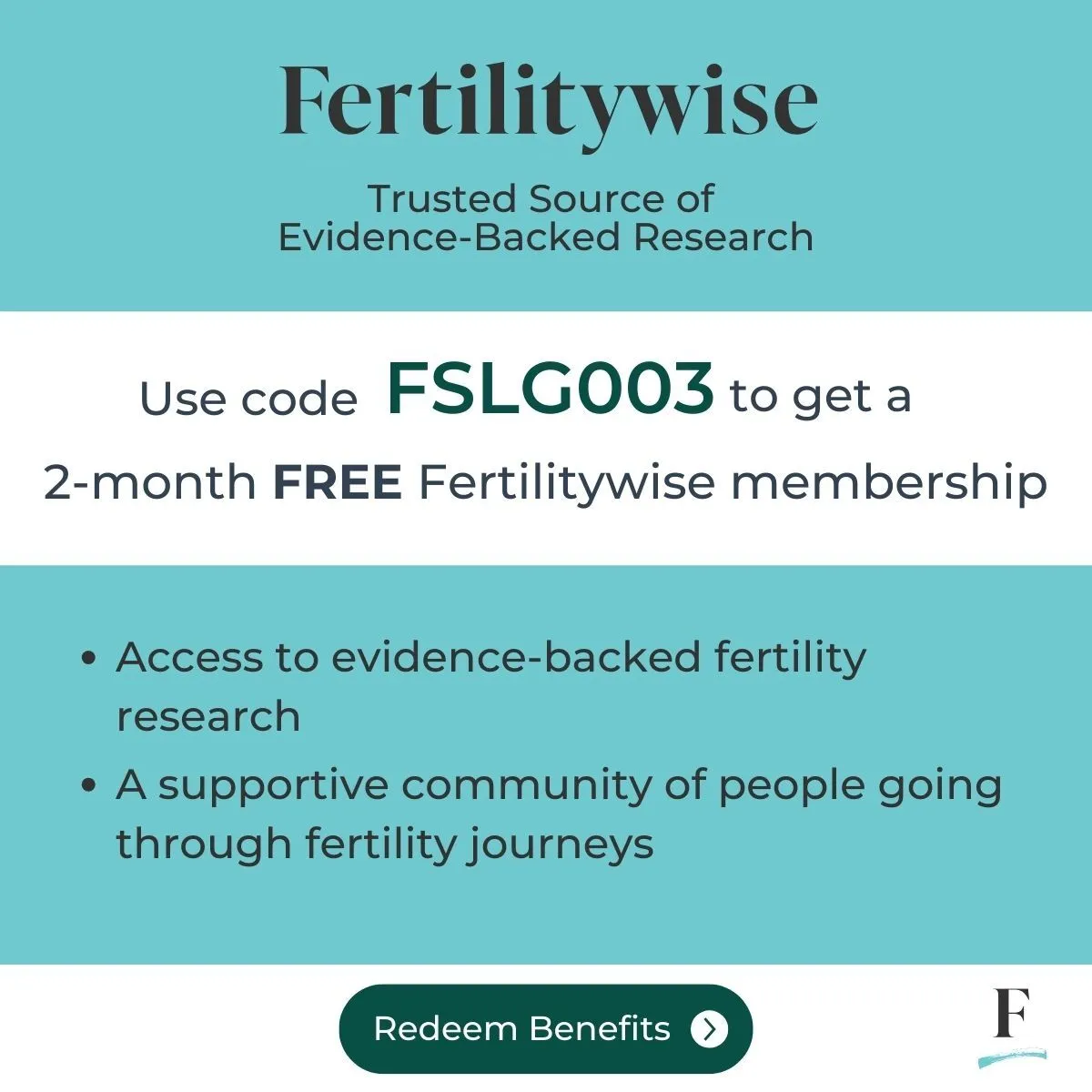Many couples and individuals in California and throughout the country rely on donors to start families. A new bill in Colorado would allow children conceived through donors to learn the donor’s identity. It would also limit the number of families using any individual donor to 10.
What is the new bill?
Colorado Senate bill 224 is the first of its kind in the United States. It aims to allow children who were born through the use of donor eggs or sperm to learn the identity of their biological parent once they reach the age of 18. The bill has bipartisan support in the Colorado State Senate and also pushes for fertility clinics to limit the number of families who can use the same donor to 10.
What are the current laws on donors?
Although the fertility industry is regulated at the federal level, there are currently no laws determining how many families can rely on one particular donor to start families. This means that one male donor, for example, can have hundreds of biological children. This is an issue that often results in families being unaware of their children’s genetic medical history. Some people conceived through donor eggs or sperm end up using DNA testing to learn more about themselves and find out they have many half-siblings. Bill 224 passing would negate the need for DNA testing.
A limit on how many families can use a donor would help in other ways. For example, if fewer children were born from a donor’s sperm or eggs, it might be easier for the donor to meet them and discuss genetic family history information. If there are multiple children of a donor, it could be awkward and the donor might feel bombarded and might not want to meet with them.
If the Colorado bill passes, it would be history-making.

At Fertility & Surrogacy Legal Group, APC, we are passionate about helping families grow through assisted reproduction. Our attorneys provide trusted, compassionate legal guidance to protect your rights and make the family-building process as seamless as possible.

